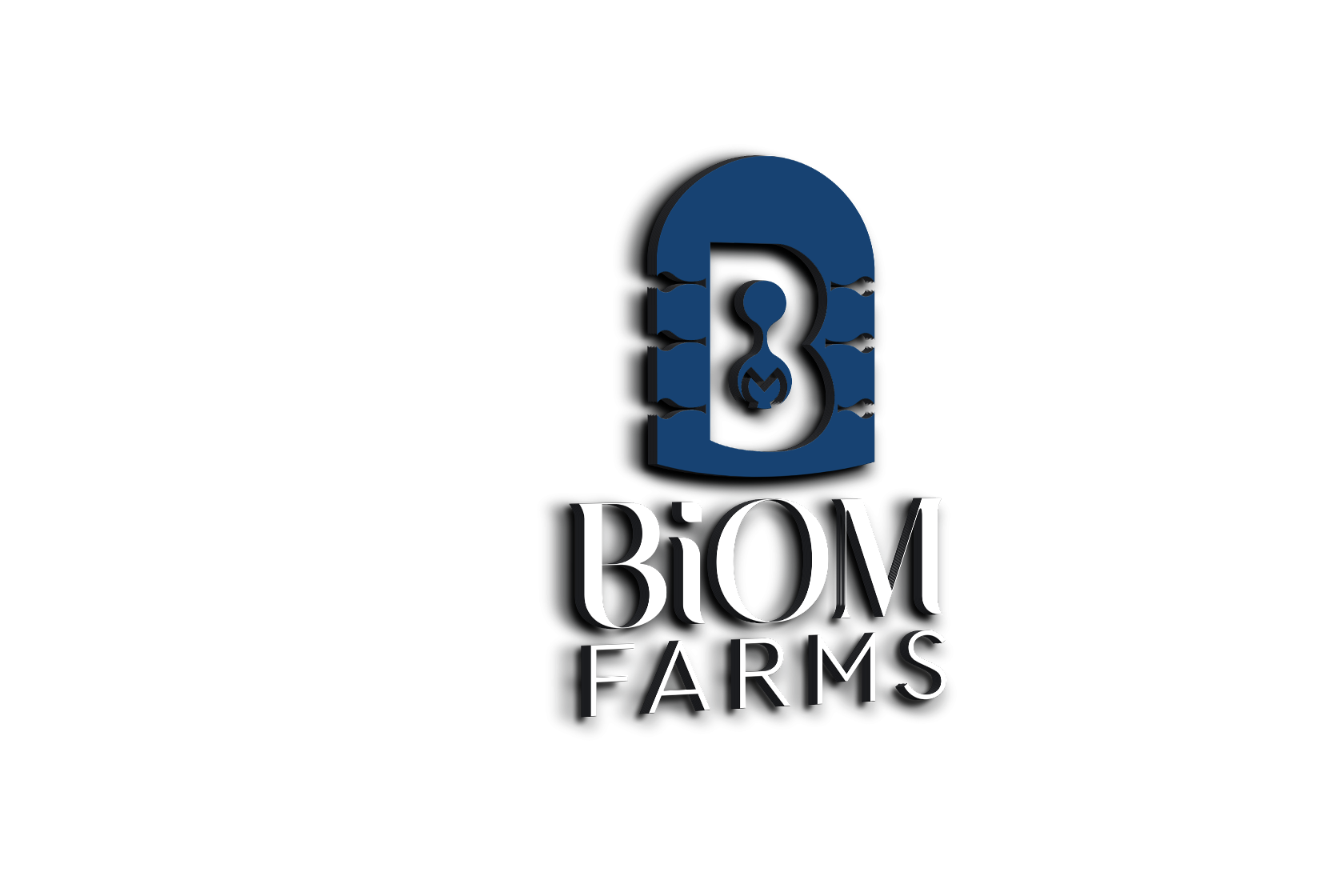In the realm of modern food production, innovations are reshaping how we think about sustainability, ethics, and the very concept of meat itself. One such innovation, cell-based meat technology, holds tremendous promise in revolutionizing our food systems for a more sustainable future.
1. Understanding Cell-Based Meat Technology
At its core, cell-based meat, also known as cultivated meat or clean meat, involves growing real meat from animal cells in a controlled environment, rather than raising and slaughtering animals. This revolutionary approach not only addresses ethical concerns related to animal welfare but also promises significant environmental benefits.
2. Environmental and Sustainability Benefits
Traditional meat production is resource-intensive, contributing to deforestation, greenhouse gas emissions, and water pollution. In contrast, cell-based meat production requires fewer natural resources: it uses less land, water, and emits fewer greenhouse gases. Studies suggest that cell-based meat could reduce greenhouse gas emissions by up to 90% and land use by 95% compared to conventional beef production.
3. Health and Safety Considerations
From a health perspective, cell-based meat offers several potential benefits. It can be produced without antibiotics and with lower levels of saturated fat, addressing concerns associated with traditional meat consumption. Rigorous safety standards ensure that cell-based meat products are safe for consumption, meeting regulatory requirements in various countries.
4. Technological Advancements and Challenges
Advancements in biotechnology and tissue engineering have accelerated the development of cell-based meat. However, challenges remain, such as scaling production to meet global demand, reducing production costs, and achieving regulatory approval worldwide. Companies like Upside Foods (formerly Memphis Meats) are actively addressing these challenges through research, innovation, and strategic partnerships.
5. Social and Ethical Implications
Cell-based meat technology not only aims to satisfy the growing global demand for protein but also aligns with ethical considerations. By eliminating the need for animal slaughter, it offers a humane alternative that resonates with consumers increasingly concerned about animal welfare. Furthermore, it opens new opportunities for sustainable food choices without compromising taste or nutrition.
6. Market Adoption and Consumer Acceptance
Consumer acceptance of cell-based meat products is critical to their success in the market. Surveys indicate a growing openness among consumers to try cell-based meat, driven by concerns over sustainability and animal welfare. As awareness and availability increase, so does the potential for widespread adoption of these innovative products.
7. The Path Forward: Integrating Cell-Based Meat into the Food Supply
Looking ahead, the future of food will likely see a blend of traditional, plant-based, and cell-based meat options coexisting to meet diverse consumer preferences and global food demands. Continued research, investment in technology, and regulatory support will be essential in realizing the full potential of cell-based meat as a sustainable and scalable food source.
Conclusion
In conclusion, cell-based meat technology represents a transformative leap forward in sustainable food production. By addressing environmental challenges, improving animal welfare, and offering healthier food choices, cell-based meat has the potential to redefine the future of food. As consumers, businesses, and policymakers embrace these innovations, we move closer to creating a more resilient and sustainable food system for generations to come.



